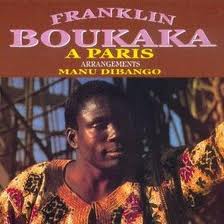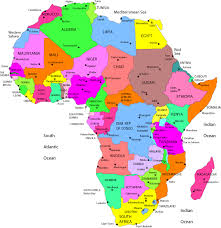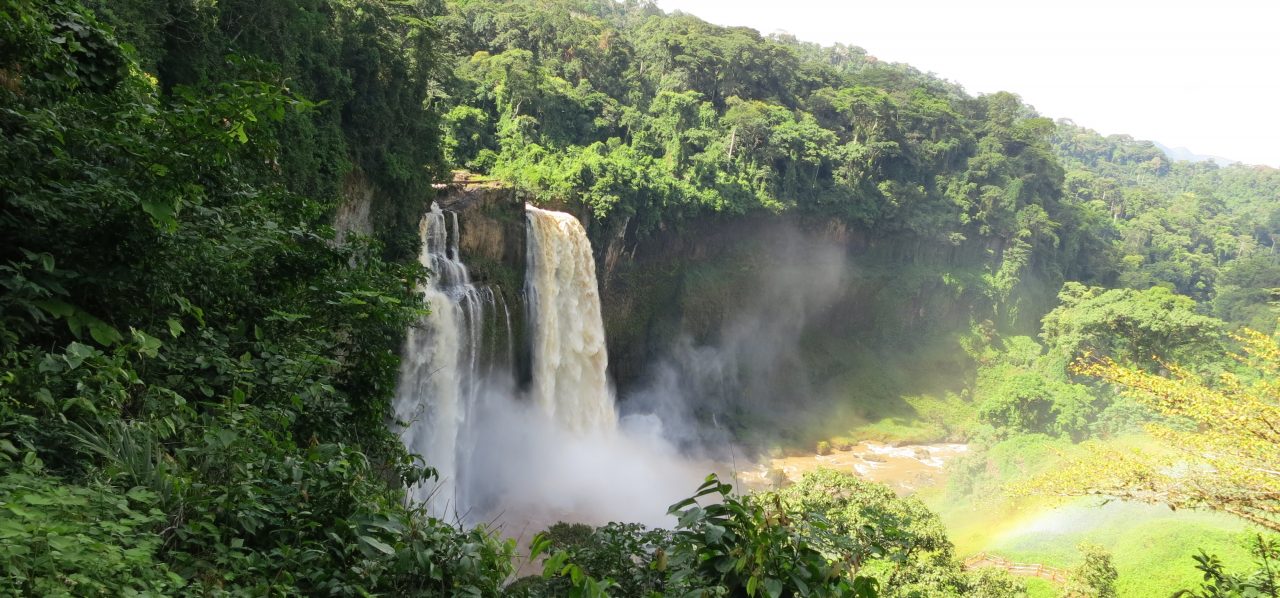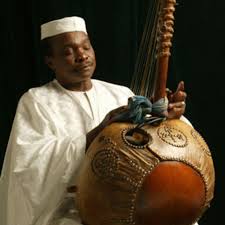
As stated earlier in the week, Franklin Boukaka was a visionary ahead of his time, and his songs are very politically engaged. His most acclaimed song is “Le Bûcheron” / “The Woodcutter” which has been timeless and covered by many singers over the years. Most know the song as “Aye Africa”. “Le Bûcheron” (the woodcutter; the Kenyan version of the single was titled “Le Bûcheron (Africa)”), is a complaint about the state of Africa and its poor, the refrain lamenting “Oh, Africa, where is your independence? … where is your liberty?” Boukaka even goes further, showing that the politicians of today who have replaced yesterday’s colonizers cannot really be differentiated from them. He laments the fact that some he believed in, have turned their back on the people and instead developed greed for power, only showing good sides during election times (isn’t this true of politicians around the globe, who only remember the people come election time with empty promises?), ” Some to whom I gave my voice, have developed the greed of power and cars; When the elections come I become important then in front of them.” Lastly, it is impossible to hear the saxophone notes coming from Manu Dibango.
 As you read the lyrics and listen to the song, why do you think Franklin Boukaka titled his song The Woodcutter?
As you read the lyrics and listen to the song, why do you think Franklin Boukaka titled his song The Woodcutter?
Ayé Africa eh … Ayé Africa eh
Eh Africa oh Lipanda … Eh Africa oh where is your independence?
Ayé Africa eh … Ayé Africa eh
Eh Africa oh liberté … Ayé Africa eh where is your freedom?
Ko kata koni pasi … Cutting firewood is hard work
Soki na kati, ko teka pasi … To sell this wood is another
Na pasi oyo ya boye … With this lot of misfortunes and children
Ngaï na bana mawa na koka te … I’m far from getting out
Basusu oyo na ponaka … Some to whom I gave my voice
Bawela bonkonzi mpe na ba voitures … Have developed the greed of power and cars
Ba voti tango e komaka … When the elections come
Ngaï na komi moto mpo na bango … I become important then in front of them
Na ko mituna mondele a kende … I wonder: has the colonizer gone,
Lipanda to zuaka, oh ya nani eh? … For whom did we obtain independence?
Africa eh … Oh Africa
Ayé Africa eh … Ayé Africa eh
Oh Africa oh Lipanda … Eh Africa oh where is your independence?
Ayé Africa eh … Ayé Africa eh
Oh Africa oh liberté … Ayé Africa eh where is your freedom?
















